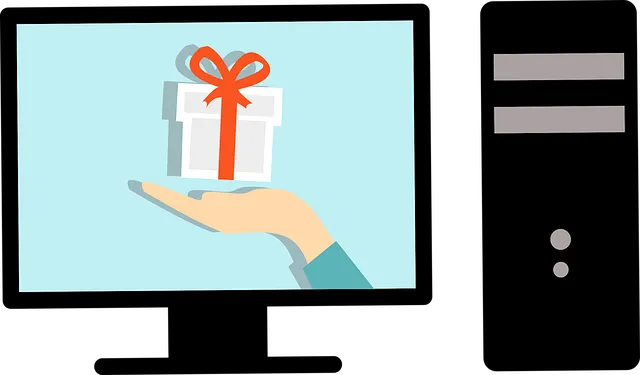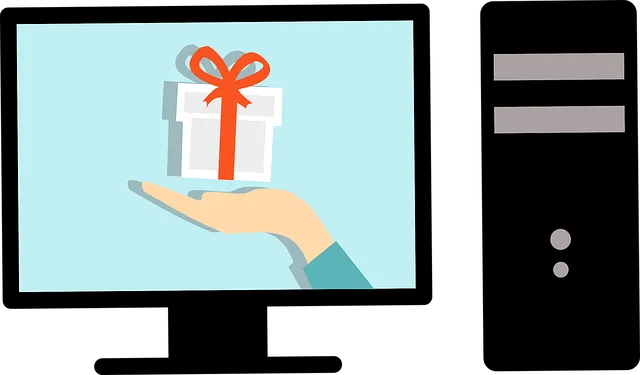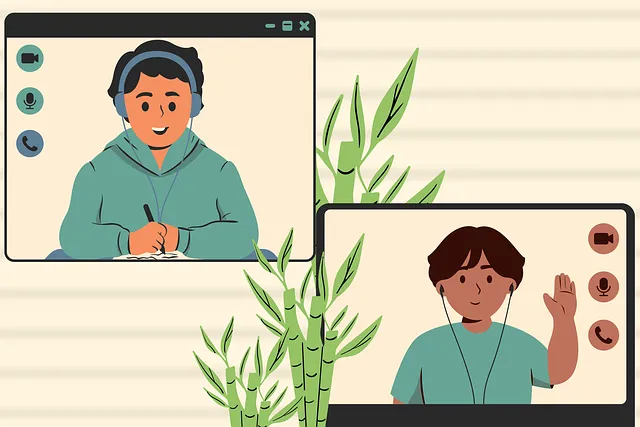In the digital age, Private Internet Access (PIA) emerges as a vital tool for journalists and academic researchers worldwide, addressing key security and privacy challenges. PIA encrypts connections, safeguards against malicious actors, and facilitates global partnerships, ensuring secure data transmission and anonymity on public Wi-Fi networks. For cross-border studies, PIA is indispensable in protecting sensitive information and navigating diverse legal landscapes with varied data protection regulations, fostering open academic discourse while mitigating risks associated with public networks. Best practices include using strong passwords, two-factor authentication, keeping software updated, and employing VPNs with malware protection and ad blocking for enhanced security.
In today’s digital era, academic researchers face increasing challenges in safeguarding their data and privacy while conducting cross-border research online. This article explores the crucial role of Private Internet Access (PIA) as an indispensable tool for journalists and researchers worldwide. We delve into the growing need for enhanced security measures, examining how private VPN services fortify research integrity. By implementing best practices and utilizing recommended tools, researchers can navigate the digital landscape with confidence and ensure secure data exchange globally.
- Understanding the Need for Private Internet Access in Academia
- How Private VPN Services Enhance Research Security and Privacy
- Benefits of Using Private Internet Access for Cross-Border Research
- Best Practices and Tools for Implementing Secure Online Research withPIA
Understanding the Need for Private Internet Access in Academia

In today’s digital era, academic researchers worldwide are navigating an increasingly complex and often perilous online landscape. As private internet access becomes paramount, journalists and scholars must safeguard their data and maintain anonymity while conducting research. The need for Private Internet Access (PIA) in academia is driven by several factors.
Firstly, many researchers work with sensitive or confidential data, including personal information, proprietary materials, and intellectual property. Using public Wi-Fi networks, which are ubiquitous in universities and cafes, poses significant security risks. Unencrypted connections make it easy for malicious actors to intercept and exploit this data. PIA offers a secure, encrypted connection, ensuring that research materials remain private and protected from unauthorized access. Additionally, researchers often collaborate internationally, sharing vast datasets and collaborating on cutting-edge projects. Private internet access facilitates these global collaborations by providing a safe and reliable method to exchange sensitive information without fear of surveillance or data breaches.
How Private VPN Services Enhance Research Security and Privacy

Benefits of Using Private Internet Access for Cross-Border Research

For academic researchers engaging in cross-border studies, accessing and sharing sensitive data securely is paramount. Private Internet Access (PIA) offers a robust solution by encrypting internet traffic, ensuring that information remains private and protected from prying eyes. This is especially crucial when dealing with confidential research materials or collaborating internationally, where researchers may need to traverse diverse legal landscapes with varying data protection regulations.
Using PIA enables seamless connectivity without compromising security for journalists worldwide. It facilitates the safe exchange of research findings, enabling collaborative efforts across borders. By providing a secure digital space, PIA fosters open academic discourse while mitigating risks associated with sharing sensitive data over public networks.
Best Practices and Tools for Implementing Secure Online Research withPIA

Implementing secure online research with Private Internet Access (PIA) involves adhering to best practices designed to protect sensitive data and maintain academic integrity. Researchers should prioritize strong, unique passwords for each account, enable two-factor authentication where available, and regularly update software to patch security vulnerabilities. Using encrypted connections—such as those provided by PIA’s dedicated servers—ensures that data transmitted during research remains confidential, even when accessing public Wi-Fi networks.
For enhanced security, consider utilizing tools like virtual private networks (VPNs) with built-in malware protection and ad blocking to safeguard against malicious software and online tracking. Additionally, encrypting hard drives using industry-standard algorithms ensures that data stored locally is equally secure. Combining these best practices and tools equips academic researchers with a robust framework for conducting sensitive research remotely while maintaining the highest standards of data privacy and security—essential considerations for journalists worldwide engaging in confidential investigations.
For academic researchers conducting cross-border studies, securing online privacy and data protection are paramount. Utilizing Private Internet Access (PIA) services offers a robust solution to navigate the digital landscape safely. By encrypting internet traffic and providing anonymous IP addresses, PIA ensures secure data transmission, protecting sensitive research information from prying eyes. This is especially crucial when accessing restricted resources or collaborating with international peers. Embracing best practices, such as employing strong passwords, two-factor authentication, and keeping software up to date, further fortifies the security of academic research conducted via Private Internet Access for journalists worldwide.
